
The director of the Sleep Disorders Research Program at Cleveland Clinic Lerner College of Medicine detailed the advancements that have been made with OSA treatment devices.

The director of the Sleep Disorders Research Program at Cleveland Clinic Lerner College of Medicine detailed the advancements that have been made with OSA treatment devices.

The assistant professor of neurology at the University of Washington in St. Louis discussed the need for a systemic, multi-specialist approach to cerebral palsy and provided the main takeaways from her and her colleagues’ work.

The director of the Stroke Center at Banner-University Medicine Neuroscience Institute discussed how data from the TELECAST trial impact existing literature and the areas of improvement for the current use of telemedicine for stroke.

The professor of neurology at NYU Langone discussed the risk of COVID-19 in patients with neurological disorders.

Neurology News Network for the week ending May 2.

The founding executive director and chief science officer at the Alzheimer’s Drug Discovery Foundation spoke to the way the COVID-19 pandemic has transformed the use of telemedicine for the elderly with conditions like Alzheimer and dementia.

The assistant professor of neurology at the University of Washington in St. Louis detailed the ­­factors that may contribute to these inconsistencies in cerebral palsy diagnosis and what role neurologists should play.

The founding executive director and chief science officer at the Alzheimer’s Drug Discovery Foundation discussed the effect that the COVID-19 pandemic has had on the care of patients with Alzheimer disease and dementias.

The professor of neurology at NYU Langone detailed the neurologic symptoms that have been observed in patients with COVID-19.
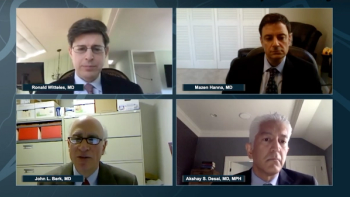
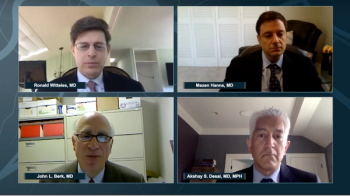
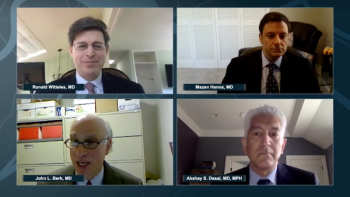

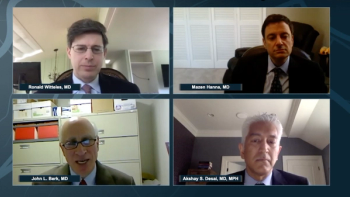
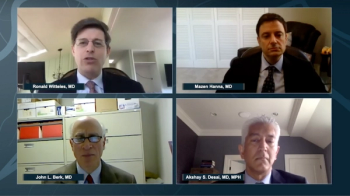
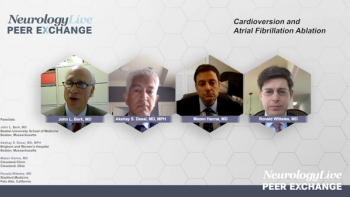
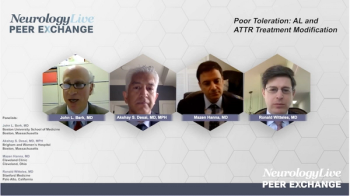
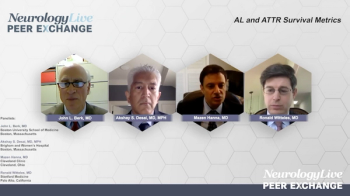
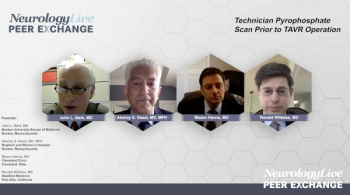
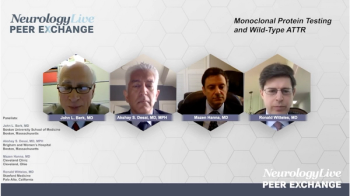
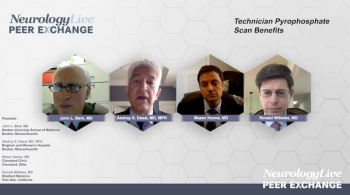
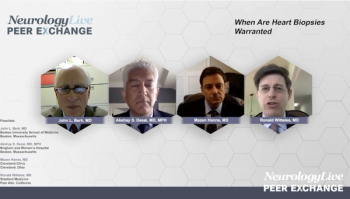
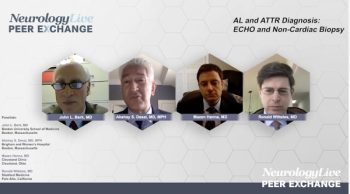
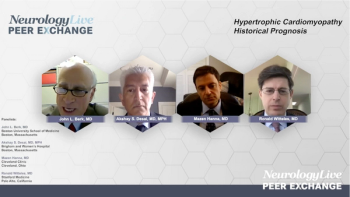
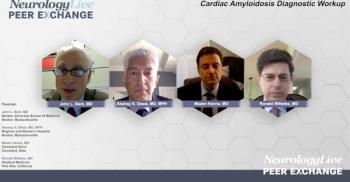

The neurologist at the Mellen Center for MS Treatment and Research at Cleveland Clinic spoke to the wide variety of clinical benefits observed with ofatumumab treatment and how it fits into the MS care landscape.

The assistant professor of neurology at the University of Washington in St. Louis discussed a study she and colleagues conducted which revealed significant differences between practitioners in diagnosing cerebral palsy.
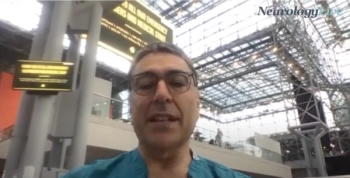
The chair of neurosurgery at Lenox Hill Hospital in Manhattan recently joined the ranks of health care providers who are caring for COVID-19 patients at the temporary hospital set up in the Javits Center.

The neurologist at the Mellen Center for MS Treatment and Research at Cleveland Clinic discussed the findings of a new pooled-data analysis of ofatumumab from the phase 3 ASCLEPIOS I and II trials.

The neurologist at the Barrow Neurological Institute detailed how she has gotten patients to buy into the adjustment to a virtual medical care model, and what challenges she's had to overcome.